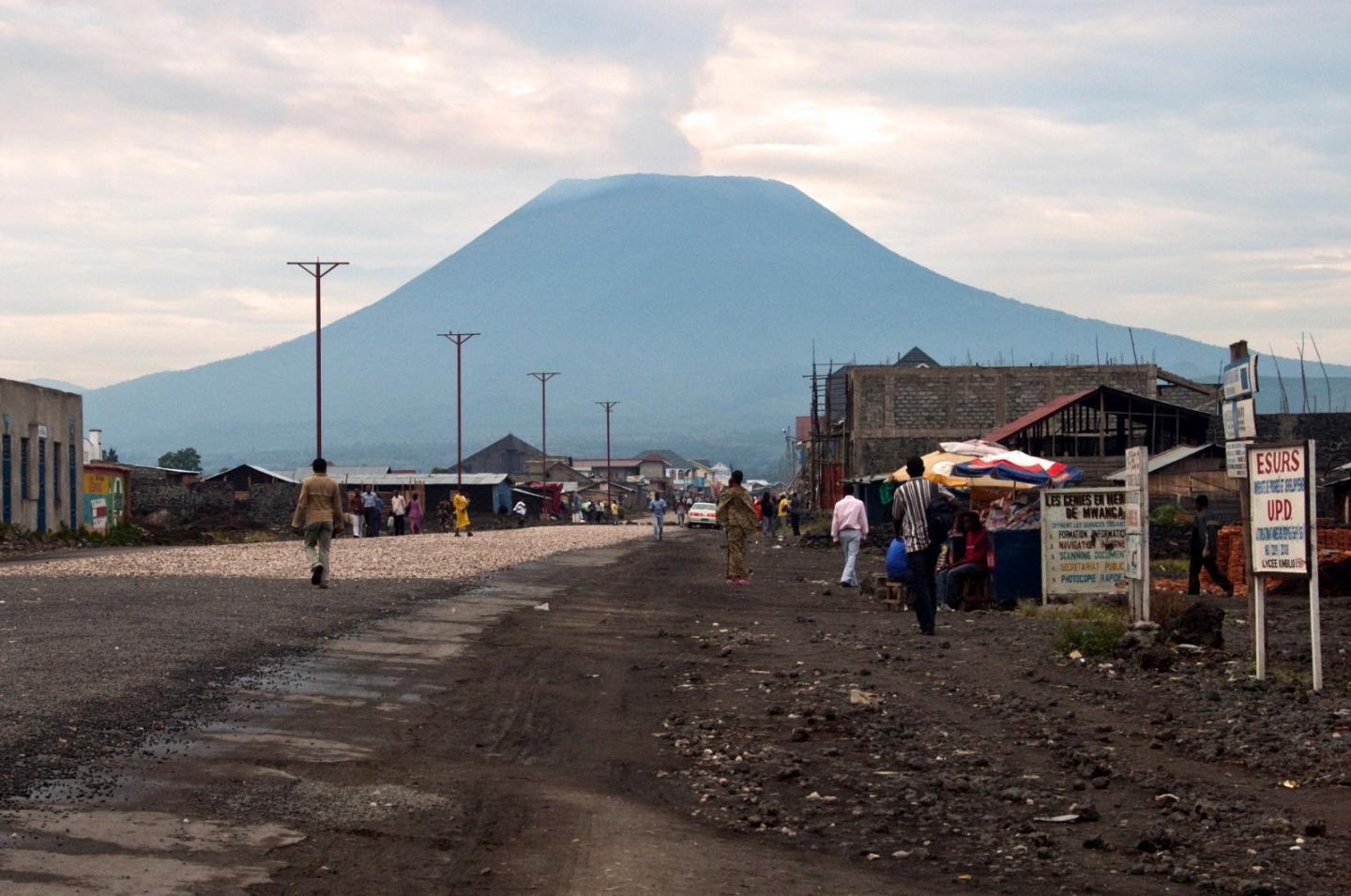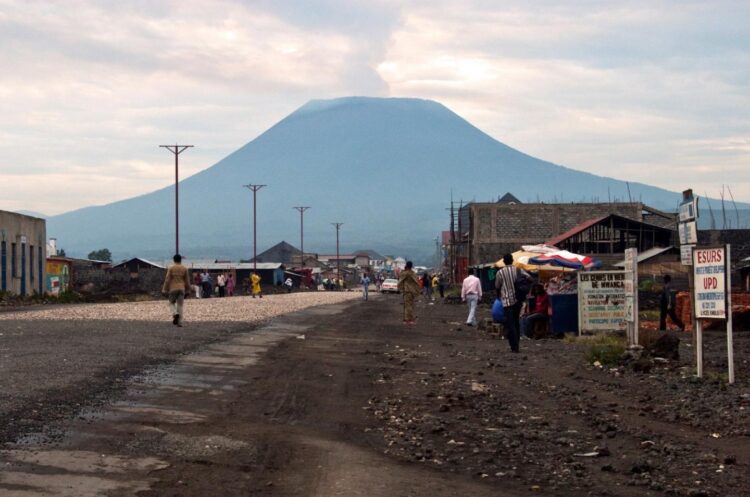Exposure to Ebola viruses may be more frequent and widespread than previously thought

Credit: Tracey Goldstein/UC Davis
Scientists found antibodies to Ebola virus in people up to a year before the 2018 Ebola virus disease outbreak began in the Eastern Democratic Republic of Congo, or DRC. This suggests that either early cases may have been missed or that exposure occurs more commonly than previously thought, according to a study led by the University of California, Davis.
The study, published today in the journal One Health Outlook, also documents the first detection of antibodies to Bombali ebolavirus in a person, showing that spillover of that virus from bats to humans has likely occurred. Scientists from the UC Davis One Health Institute and Columbia University discovered Bombali virus — a sixth ebolavirus species — in bats in Sierra Leone in 2018.
“This study highlights that, yes, these are lethal diseases, but there’s a range of severity — not everyone who is exposed dies,” said lead author Tracey Goldstein, an associate director of the One Health Institute at the UC Davis School of Veterinary Medicine. “Spillover doesn’t always cause lethal outbreaks. To prevent outbreaks, we need a better understanding of what’s happening between them. If you really are trying to understand how a virus works, you need to study it at all times, not just during an outbreak.”
WOMEN AT INCREASED RISK
For the study, scientists collected and tested biological samples from 272 people seeking care in the Rutshuru Health Zone of North Kivu Province over the year before the start of the outbreak that killed nearly 2,300 people. Antibodies, which indicate past exposure to a virus, were found in 10 percent of patients.
Scientists also administered questionnaires to patients to collect demographic and behavioral information, and to better understand their interactions with domestic animals and wildlife.
While people of both sexes and all ages tested positive for antibodies, women had a significantly increased risk of exposure. This is consistent with other studies and may be due to the larger role women play in preparing food and caring for livestock and sick family members.
“These findings are important for those of us who live in eastern Congo, because it shows that people may become exposed to Ebola virus without becoming ill,” said Jean-Paul Kabemba Lukusa, the Gorilla Doctors’ medical technologist who coordinated human surveillance for this study. “It helps reinforce the work we do to explain to people how important it is to limit direct contact with wild animals and to follow hygiene and safety best practices.”
MOVING FORWARD
The study also demonstrates the need to address how humans come into contact with wildlife and the viruses they exchange.
Co-author Kirsten Gilardi directs the UC Davis Karen C. Drayer Wildlife Health Center and the Gorilla Doctors program, which provides veterinary care to wild mountain and eastern lowland gorillas in Rwanda, Uganda and DRC. As the region’s country lead for the USAID PREDICT Project, Gorilla Doctors sampled both wildlife and humans for viruses that may be circulating among them.
“These findings suggest there are more spillover events than we realize,” Gilardi said. “This may not happen once in a while and then the virus disappears. Preventing spillover means understanding and minimizing high-risk human-to-wildlife interactions.”
###
Funding for the study was provided by the U.S. Agency for International Development, or USAID, Emerging Pandemic Threats PREDICT Project.
Media Contact
Kat Kerlin
[email protected]
Original Source
https:/
Related Journal Article
http://dx.





